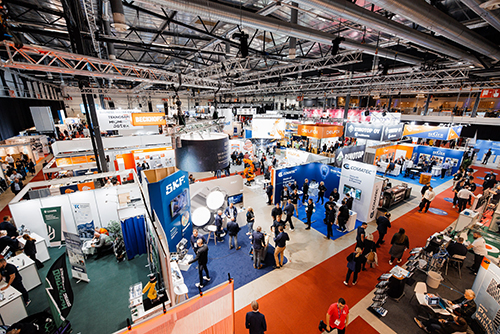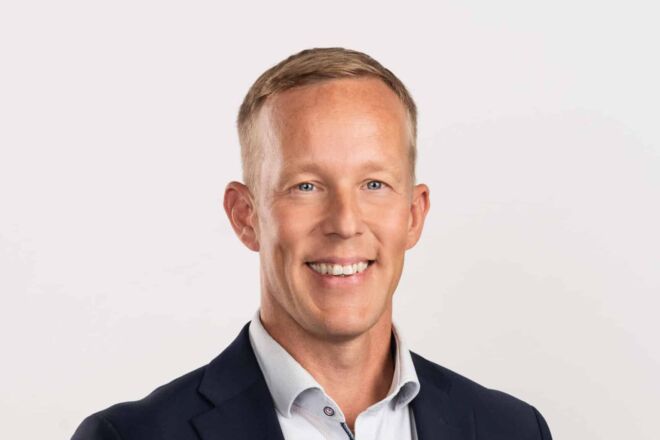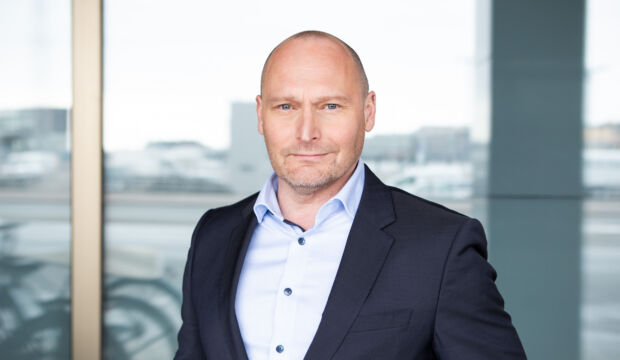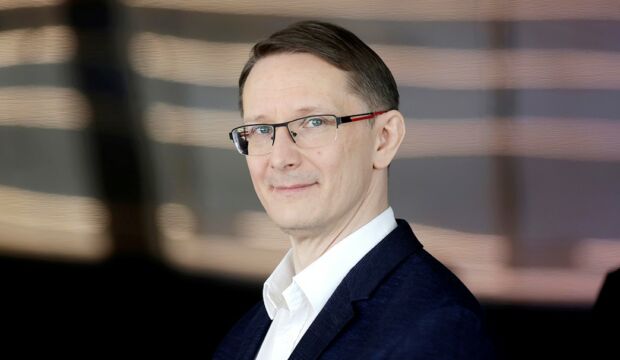Talouselämä | Patrian kansainvälinen kasvu nojaa kotimaiseen teknologiaosaamiseen
Patrian uusin ajoneuvoteknologia ja älykkäät elinkaaripalvelut kiinnostavat maailmalla. Menestys pohjaa suomalaiseen huippuosaamiseen ja vankkaan kokemukseen teollisesta yhteistyöstä erilaisissa toimintaympäristöissä. Paikallinen osaaminen ja kansainvälinen tuotanto kotimaassa ovat myös Alihankinta 2023 -tapahtuman keskiössä.
Suorituskykyä kriittisissä toiminnoissa maalla, merellä, ilmassa ja verkossa – sitä lupaa kansainvälinen puolustus-, turvallisuus- ja ilmailualan yritys Patria. Suomen puolustusvoimien strategisen kumppanin palveluille riittää kysyntää kansainvälisillä markkinoilla.










